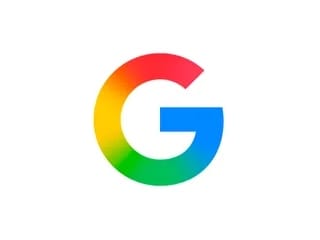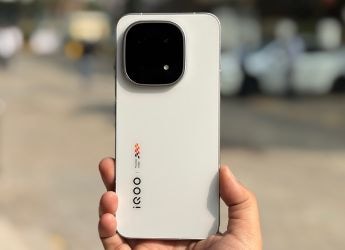- Home
- Science
- Science News
- New Quantum Tech May Lead to 'Unbreachable' Web Communications: Study
New Quantum Tech May Lead to 'Unbreachable' Web Communications: Study

Researchers from the Universities of Glasgow, Stanford, Tokyo and Wurzburg describe how they have implemented a novel tool for a long-distance telecommunication link which is impossible for hackers to breach.
Published in the journal Nature Communications, the technique could also underpin the creation of a new form of 'quantum Internet'.
Scientists have previously used the phenomenon of quantum entanglement - also known as 'spooky action at a distance' - to allow the exchange of information over short distances.
Entanglement allows particles which are physically separated to share properties - for example, the direction of one electron's spin will be related to the direction of spin of its entangled partner.
This process of entanglement also allows scientists to encode information in quantum particles, similar to the way in which the ones and zeroes (known as bits) of digital communication are used to encode all kinds of data. Two computers sharing quantum information are much more secure, as any interception by a third party will change the properties of the data itself, allowing easy detection by the intended recipient.
The team, co-ordinated by University of Glasgow postdoctoral research fellow Chandra Mouli Natarajan, together with colleagues at Stanford, managed to create long distance telecommunications link for a stationary quantum bit for the first time.
"The physics behind quantum communication, by their very nature, make data transfer utterly secure - any tampering with either side of the communication will be immediately apparent because it will affect the quantum correlations," Natarajan said.
"Our work is an important step towards creating architectures for the future hybrid quantum Internet." Prof Robert Hadfield's group in the School of Engineering at the University of Glasgow provided key technical expertise in advanced single photon detector technology in the telecom band.
The paper is titled 'Two-photon interference at telecom wavelengths for time-bin-encoded single photons from quantum-dot spin qubits'.
Catch the latest from the Consumer Electronics Show on Gadgets 360, at our CES 2026 hub.
Related Stories
- Samsung Galaxy Unpacked 2025
- ChatGPT
- Redmi Note 14 Pro+
- iPhone 16
- Apple Vision Pro
- Oneplus 12
- OnePlus Nord CE 3 Lite 5G
- iPhone 13
- Xiaomi 14 Pro
- Oppo Find N3
- Tecno Spark Go (2023)
- Realme V30
- Best Phones Under 25000
- Samsung Galaxy S24 Series
- Cryptocurrency
- iQoo 12
- Samsung Galaxy S24 Ultra
- Giottus
- Samsung Galaxy Z Flip 5
- Apple 'Scary Fast'
- Housefull 5
- GoPro Hero 12 Black Review
- Invincible Season 2
- JioGlass
- HD Ready TV
- Laptop Under 50000
- Smartwatch Under 10000
- Latest Mobile Phones
- Compare Phones
- Vivo Y500i
- OnePlus Turbo 6V
- OnePlus Turbo 6
- Itel Zeno 20 Max
- OPPO Reno 15 Pro Mini 5G
- Poco M8 Pro 5G
- Motorola Signature
- Vivo Y50e 5G
- Lenovo Yoga Slim 7x (2025)
- Lenovo Yoga Slim 7a
- Realme Pad 3
- OPPO Pad Air 5
- Xiaomi Watch 5
- Huawei Watch 10th Anniversary Edition
- Acerpure Nitro Z Series 100-inch QLED TV
- Samsung 43 Inch LED Ultra HD (4K) Smart TV (UA43UE81AFULXL)
- Asus ROG Ally
- Nintendo Switch Lite
- Haier 1.6 Ton 5 Star Inverter Split AC (HSU19G-MZAID5BN-INV)
- Haier 1.6 Ton 5 Star Inverter Split AC (HSU19G-MZAIM5BN-INV)
















